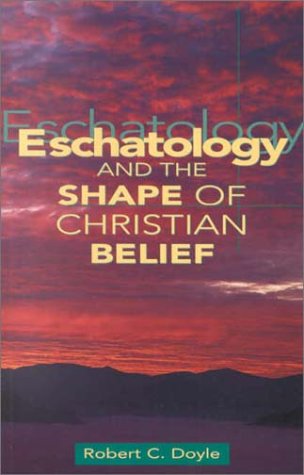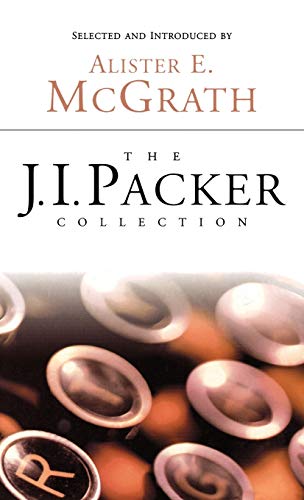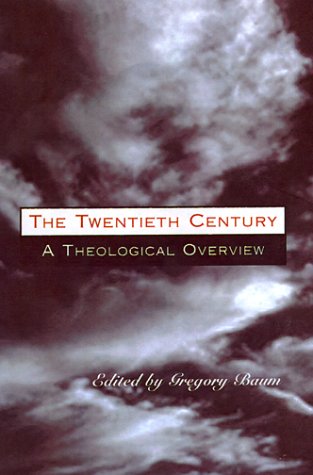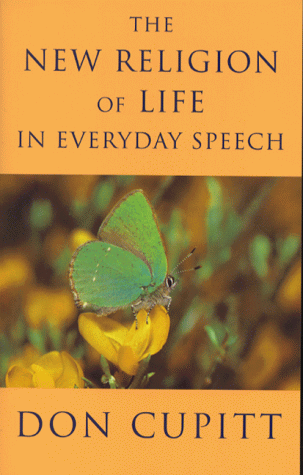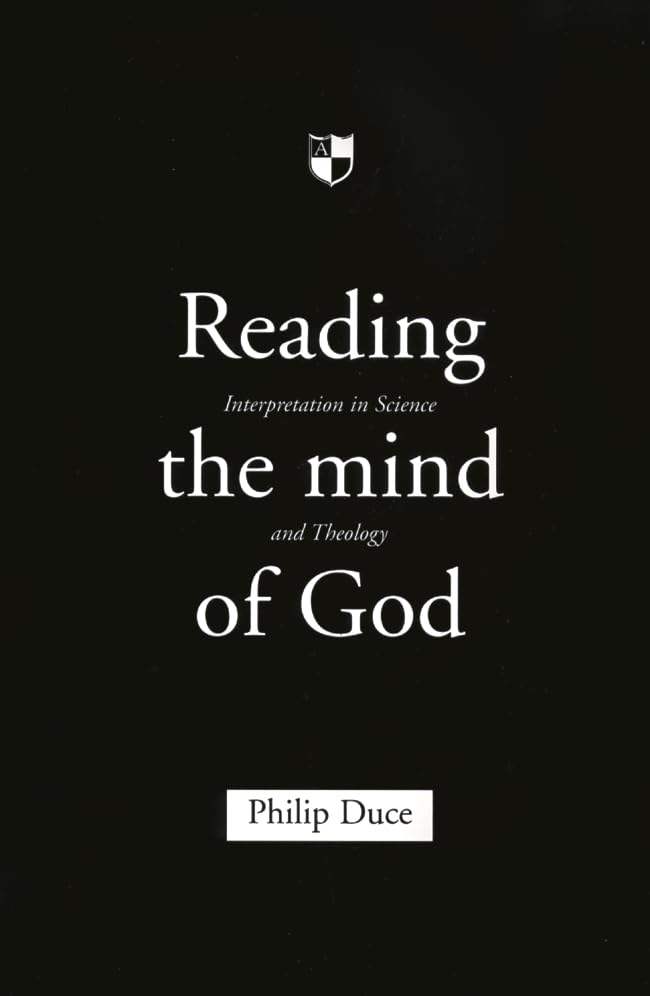Eschatology and the Shape of Christian Belief
Written by Robert C. Doyle Reviewed By Tony GrayTo say that eschatology is a much-neglected subject in theology may come as surprise to many. Yet to have it taught as a key element of a biblical or systematic course is a rarity. Eschatology is often either so ‘Bible-based’ that it is of no earthly use (extreme forms of millennial theories), or so ‘systematic’ that one wonders why the revelation of God has been left out of the equation.
In this marvellous book Doyle seeks to redress the balance, stressing the fundamental importance of eschatology literally to the shape of Christian belief. He begins with a section on why the church, and a theological education, must consider eschatology. This work then apparently covers all the major bases—biblical studies, biblical theology, historical theology, and systematics. Doyle even includes a stimulating and uplifting chapter on hope and the Christian life, drawing out some of the relevance of the theme for everyday Christian living.
In the Biblical section, Doyle covers the major terminology used to talk of eschatology—both in terms of the terminus of the end times (heaven, hell, universalism), and the categories used to describe the consummation of God’s plans (kingdom of God, hope, kingship, promise, and parousia). Historically Doyle works chronologically, starting with patristic eschatology up to Chalcedon, and focusing then on the influence of Augustine over the subject of time and eternity. After medieval eschatology (including Aquinas), Luther and Calvin are singled out for the role which eschatology played in reformation theology, and the differences between the two reformers. The modern era is evaluated by how millennialism has been appropriated in various ways, and a final historical chapter examines Barth, Moltmann, and liberation theology.
There are of course matters of interpretation that people will quibble over. It would have been helpful perhaps to have seen more interaction with Pannenberg. Yet the fact that the major historical figures are covered in such detail must excuse small omissions in the twentieth century! The presentation of the work is also to be commended, offering further reading suggestions, and ideas for discussions ‘over coffee’! All in all, a pleasure to read.
Tony Gray
Oxford


